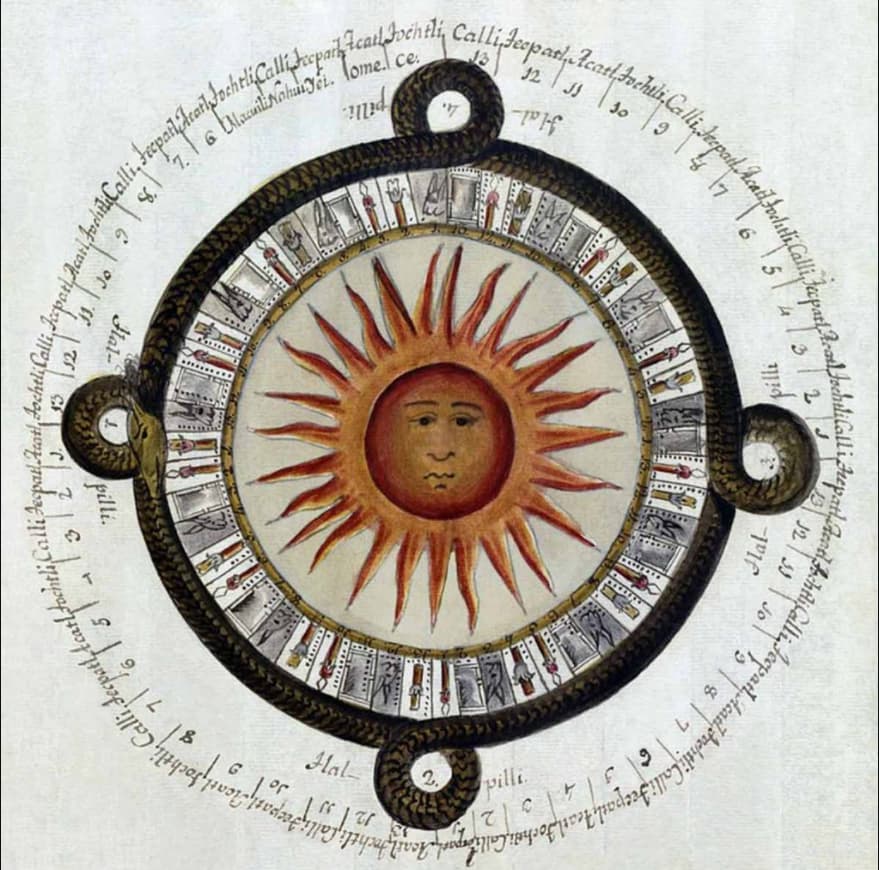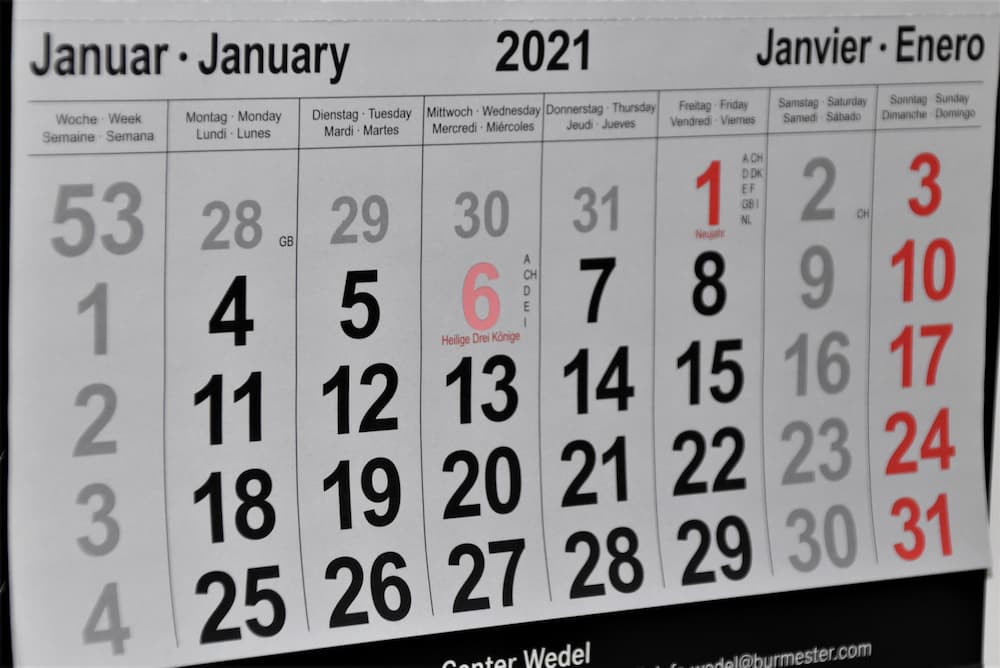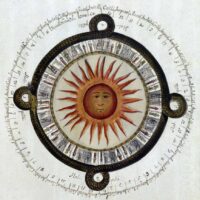Gregorian calendar
However, at the end of the 16th century, Pope Gregory XIII proposed a different chronology system. What was the difference between the Julian and Gregorian calendar, if there was no difference in the number of days for them? Every fourth year was no longer considered a leap year by default, as in the Julian calendar. According to the Gregorian calendar, if a year ended at 00 but was not divisible by 4, it was not a leap year. So 2000 was a leap year, and 2100 will no longer be a leap year.
Pope Gregory XIII was based on the fact that Easter should be celebrated only on Sunday, and according to the Julian calendar, Easter fell on a different day of the week each time. On February 24, 1582, the world learned about the Gregorian calendar.
Pope Sixtus IV and Clement VII also advocated the reform. The work on the calendar, among others, was led by the Jesuit Order.




















Recent Comments